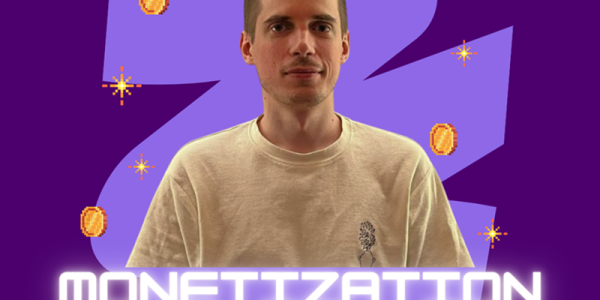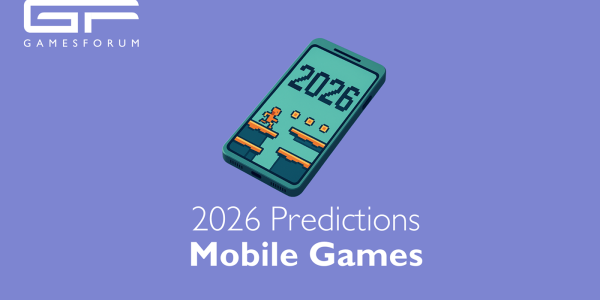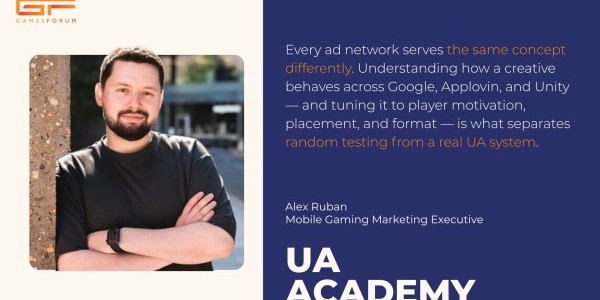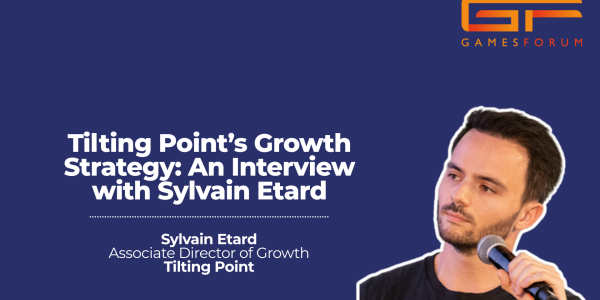Remote Control? Simon Bennett, Director at Roll7, discusses the pros and cons of basing Laser League employees entirely at home

It can be hard for a studio in the games industry to choose where to work. On the one hand, it can be beneficial for teams to be based in a single location and able to easily work with one another. But on the other, the combination of the industry’s international nature and the requirement to add individuals to a team to take on a specific role can disadvantage teams based in one place.
So how can development studios find the right balance between remote work and being on location? That’s not an easy to question to answer, but its fair to say that Roll7 - the studio behind the OlliOlli series, Not a Hero and recently released Laser League – has much to contribute to the debate.
Having previously been based in Deptford, the company made the decision to become a fully remote operation in May 2015. Its whole team is based across the UK and parts of Europe, with individuals working from home and occasionally meeting together in a central location.
What, then, has the studio management learned in the three years since it became a fully remote operation? Have the benefits of a relatively radical approach outweighed the potential problems it may cause? And what are its top tips for making remote work, well, work?
We caught up with Simon Bennett, Studio Director at Roll7, to try to get some answers.
Gamesforum: Since May 2015, Roll7 has operated completely as a remote studio – why did the company decide to do that?
Simon Bennett: We made a concerted effort after OlliOlli2 and Not a Hero to change. We had a studio in Deptford, which is relatively close to where two of the directors live, but it was a fair slog for our creative director and the rest of the team.
It meant we had eight or nine people in what was a distinctly dingyoffice in Deptford and it became a living prison during tough projects.
That studio space had seen OlliOlli 1 and OlliOlli 2 developed back to back over a period of three years and it was – we won’t lie about it – in crunch almost constantly. It was amazing that the team we put through that crunch stayed with us as long as they did. We were working until 10 o’clock at night and some of them would then have an hour and a half commute home. That takes its toll fundamentally on a project.
And at one point, we said to John Ribbins during the production of OlliOlli 1 “why don’t you go and work at home to finish the levels off” he found he had a bit more time and headspace to do his role.
So when we decided that Not a Hero would need to be built remotely because it was just a couple of people working on it, we saw it as an accidental blueprint for how people could work remotely on a project.
And funnily enough, Not a Hero was the game we wanted to make and that provided us with the ammunition to do it. How much of that is related to working in the office versus how the project was run, we can’t be entirely sure.
But it was clear that none of us wanted to be in an office100% of the time anymore and that we’d be able to benefit more as individuals, with that positivity set back into the process. So that’s what we decided to do from there.
Gamesforum: When you first made the move, you emphasised a lot of the benefits of working remotely such as reduced offices costs, a better work life balance and no need for commute. Now that you’re three years on from the shift to remote working, how much did these benefits manifest themselves and how much did they help your work?
Simon Bennett: This is a really interesting stage to do that. What I’m doing is a series of questionnaires with the team who worked with us about the process of remote work and how the think it’s gone.
If you look at Laser League as a simple metric of this approach, we ask did it come out? Yes it did. Was it a good game? Well, the media reviews are very positive at the moment. We got an essential rating from Eurogamer, which we’re very proud of. Most of the reviews are coming in at the nine mark, with our Metacritic average at 85. We have objectively made a good game as a remote team.
But is the team fully bonded and all pulling together and seeing the same thing? Are people all friends on the project? That’s one area where I’d say I’m not sure because we’re totally remote, meeting once a month if we’re lucky.
For some people, staff and team members, that works. But the remote thing is not for everyone. That’s my current take on it, but it’ll be interesting to see how I feel about it in the long term.
Gamesforum: In terms of the practicalities of remote working, how easy have you found it to facilitate day-to-day working and what kind of things have you had to implement to keep everything running?
Simon Bennett: I think for us - and I’d prefix this by saying all our processes aren’t amazing and there is room for improvement – that the first thing we did is saying “look if we’re going to do this, we can’t leave anything to chance. If we’re going to do a piece of work it’s going to have to be clearly documented.“
Now I’m sure if anyone from Roll7 reads this they might go “no it wasn’t”. but when you’re working remotely you need to clear on what you’re doing and clear on work packages. For us, it was a shift from being able to walk over to tell someone to walk over and do something different at the drop of a hat to planning things out and being careful about interrupting programmers or artists.
For us, it made us step as managers. It made us go through a full pre-production and really answer all the questions before we started moving onto development. It’s made us more of a professional production outfit than we were on previous projects, where we were far more “well this is what we feel like is an issue today” and I think it’s been far more calm.
I also hope for the staff and project that they feel like there has been far less crunch. We only went into crunch as a full studio once, though there were factions who had to crunch at certain points. But it’s been far less crunchy as project, though I wouldn’t say it was less stressful.
Gamesforum: So where has the stress come from?
Simon Bennett: I think the stress on the project was from working very specifically to milestones set by publishers. On previous projects on lower budgets, those milestones were far more light touch and driven by what we thought was alpha or beta.
I think working with a publisher that is far more strict around things – which they need to be with this budget – is new to us. So we learned that to get a game over the line it’s about us pulling our wants and wishes out of the game.
It’s also about learning what’s crucial. We need to get paid as a studio because we have a high burn rate. If we fight for this feature, we don’t get paid because we don’t hit this milestone.
That’s something we’ve had to learn as a studio, but that’s been helpful for us generally and made sure that we pulled up a schedule since the beta – which we’ve had to be strict with – where we’ve hit every deadline without feature creep coming in. Staying on track and not deviating from things has been a major lesson for us.
Gamesforum: I think we’ve seen the positives of a remote work in terms of keeping focus, ensuring clarity amongst workers and planning further ahead. But there must be times where remote working has proven challenging?
Simon Bennett: Yeah, I think there have been times where I think if we had been in a room together a lot of pointless conversations or workload would have been saved.
It’s hard to measure, but people not picking up the phone and talking to each other - leaving problems in tickets in Assembler or in Slack channels - was a problem. So I think the project would have benefitted more from face to face time with the key people just to get these things across.
I think there is that isolation thing that a lot of people would have felt in the project too, especially in the celebration element of it too. We’ll be doing a wrap party in a couple of weeks time, but it’s almost like the moment has gone.
If it had launched and we had all been in an office like OlliOlli …,that was one of the most amazing work days of my life. Everyone was working together able to enjoy it as the reviews game through. We’ve not been able to share in that, other than a press love thread in Slack. This means that some of the emotional ties between the team could be harder to make.
Gamesforum: Finally, knowing what you do now and having worked remotely for a while, what would be your advice for developers or publishers looking to add remote work to their practices?
Simon Bennett: My advice is to not be scared of it. Human beings working on video game projects are invariably happy to be working in the industry. We’ve proven with this project that people are motivated enough to get on with the work and that’s the main hurdle to get over.
Also, don’t be stuck in the mindset that if you can’t create the right culture that you can’t make the game. If you’ve got a singular enough focus and the core management team are clear enough to share what that means, you will be able to get a quality product.
The other thing is, if you are going to jump over the remote work hurdle, ensure your goals around why you’re doing it are clear, that the people you’ve picked are familiar with working remotely, that they have a separate workspace in their house and that your processes are really clear.
If you make it clear what the HR expectations are and that your work packages are made painstakingly clear, then it is more than possible to run your processes remotely.
The Video Game Business track at Gamesforum Seattle on the 23rd/24th October will explore topics like how to structure a studio in more detail> Secure your passes for the event here.











